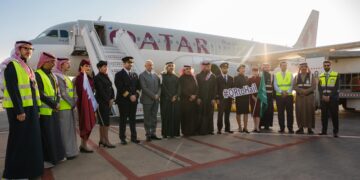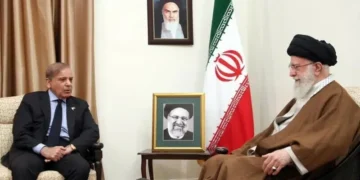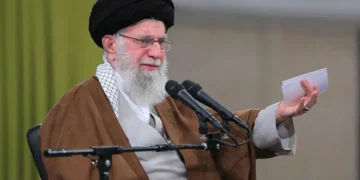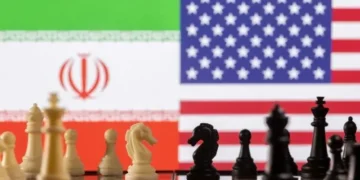WWF-Pakistan and Engro Foundation, the social investment arm of Engro Corporation, entered into a first-of-its-kind partnership for the conservation and management of the endangered Indus River dolphins.
The project will focus on the core habitat of the 500 km (approximate) Indus River stretch between Taunsa and Sukkur barrages. This stretch is a habitat of approximately 1,800 Indus River dolphins and overlaps with the Indus Flyway, which is a globally important route of migratory birds.
The area has immense ecological and cultural significance as the Guddu – Sukkur stretch is a protected area, Indus Dolphin Reserve, and was declared a Ramsar wetland under the Ramsar Convention on Wetlands and Key Biodiversity Area (KBA). Similarly, the Taunsa – Guddu River section is home to the second-largest Indus dolphin population of 660 individuals.
The selected project area supports 90 per cent population of the Indus River dolphin, eight species of freshwater turtles, smooth-coated otters, hog deer and fishing cats. The project area and the adjoining wetlands support many endangered and threatened migratory birds as well. Considering that the Indus River dolphin is the top predator and keystone species of the river, saving and protecting it will support the conservation of the other important species including migratory birds and freshwater turtles.
As part of the project, Engro Foundation along with WWF-Pakistan will work towards protection, conservation and management for the viable population of the Indus River dolphin and its habitat, using internationally developed and tested tools and technological advancements.
The partners will also be undertaking a comprehensive dolphin survey, along with awareness and outreach efforts to foster commitment from the government, communities, and other stakeholders, to achieve the desired project outcomes.
Moreover, the project aims to create a strong relationship of the citizens (communities, civil society, students, teachers and youth) with the Indus River and its associated biodiversity through monitoring of the river’s health parameters and biodiversity (dolphins, turtles, migratory birds). The project will help diversify the existing livelihoods of the fisherfolk and other indigenous wetlands-dependent communities to reduce pressure from the riverine resources.
According to Hammad Naqi Khan, Director General, WWF-Pakistan “Engro Foundation’s support to the Indus River dolphin fits in with the global priorities for the conservation of river dolphins agreed in the Global River Dolphin Strategy. Owning a species that is endemic to the Indus River system is our responsibility because only we can conserve it. It is an iconic and powerful species of the freshwater ecosystem which helps in conveying a strong message that rivers are alive, and are not resources to exploit.”
According to Ghias Khan, President and CEO Engro Corporation and Trustee of Engro Foundation, “The Indus River dolphin, which is seen as a part of Pakistan’s heritage, is, unfortunately, facing an existential threat. As a socially responsible business that is committed to helping solve some of the pressing issues of Pakistan, we are excited to partner with WWF-Pakistan for this unique project. We hope that our humble contribution will prove to be exemplary and encourage wider support for this initiative to enable the zero extinction global goals of the WWF Network.”
This project will be a part of the River Dolphin Rivers Initiative of WWF International under Freshwater Practice. The project is aligned with the Global River Dolphin Strategy, which was jointly developed by leading global conservation organizations such as the Whales and Dolphin Society, UK and IUCN/Cetacean Specialist Group, among others.



















